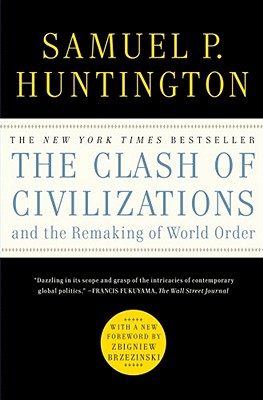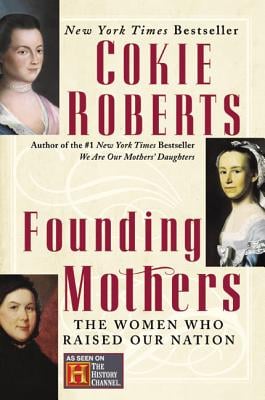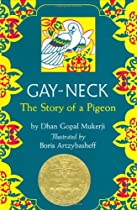Remember how just the other day I said I give books more of the benefit of the doubt lately? The Madonnas of Leningrad by Debra Dean is a fine example of that. A year ago, I may have dismissed it entirely because it seems so superficial to me. (Actually, I probably would have dismissed it
- Home
- |
- Tag: war







